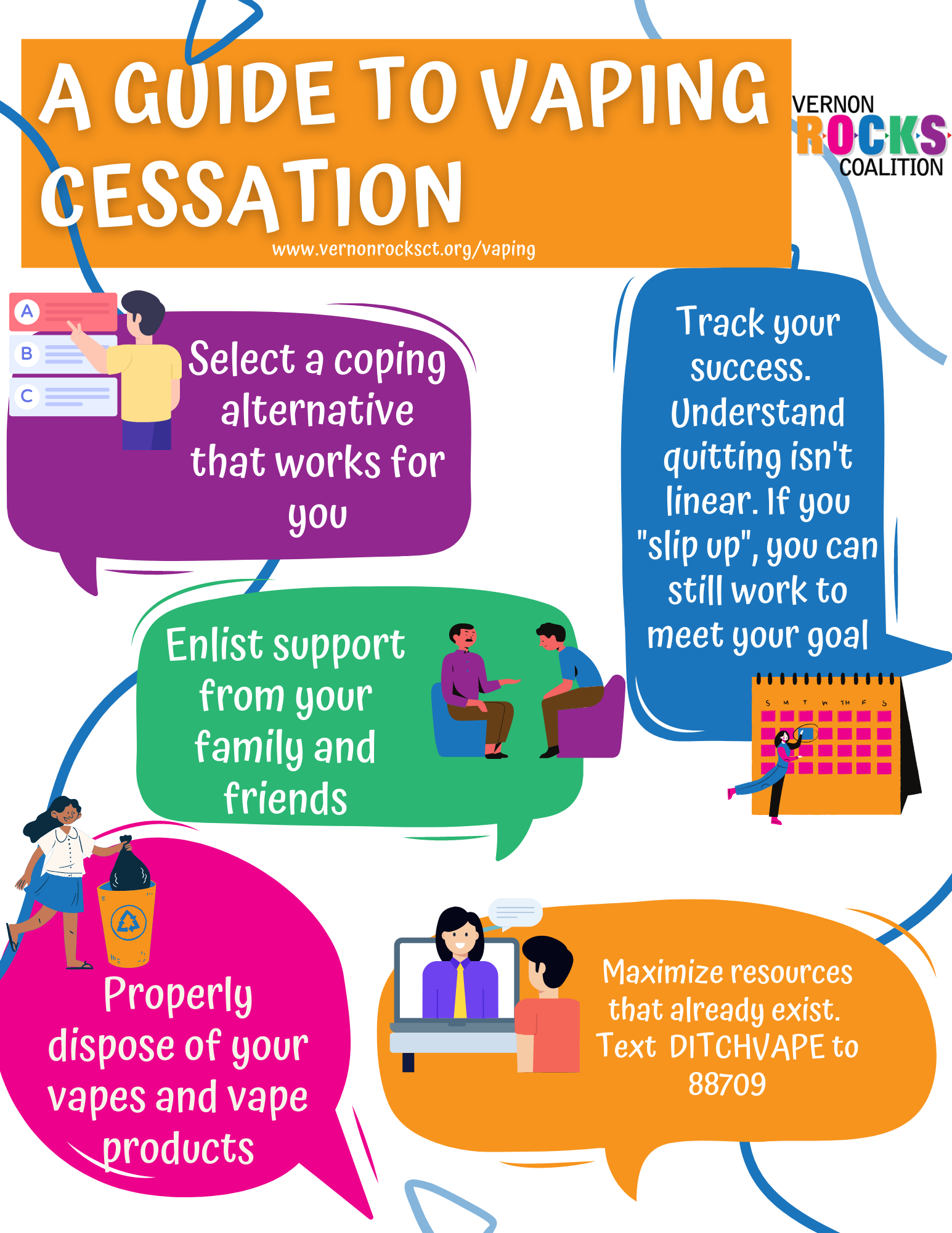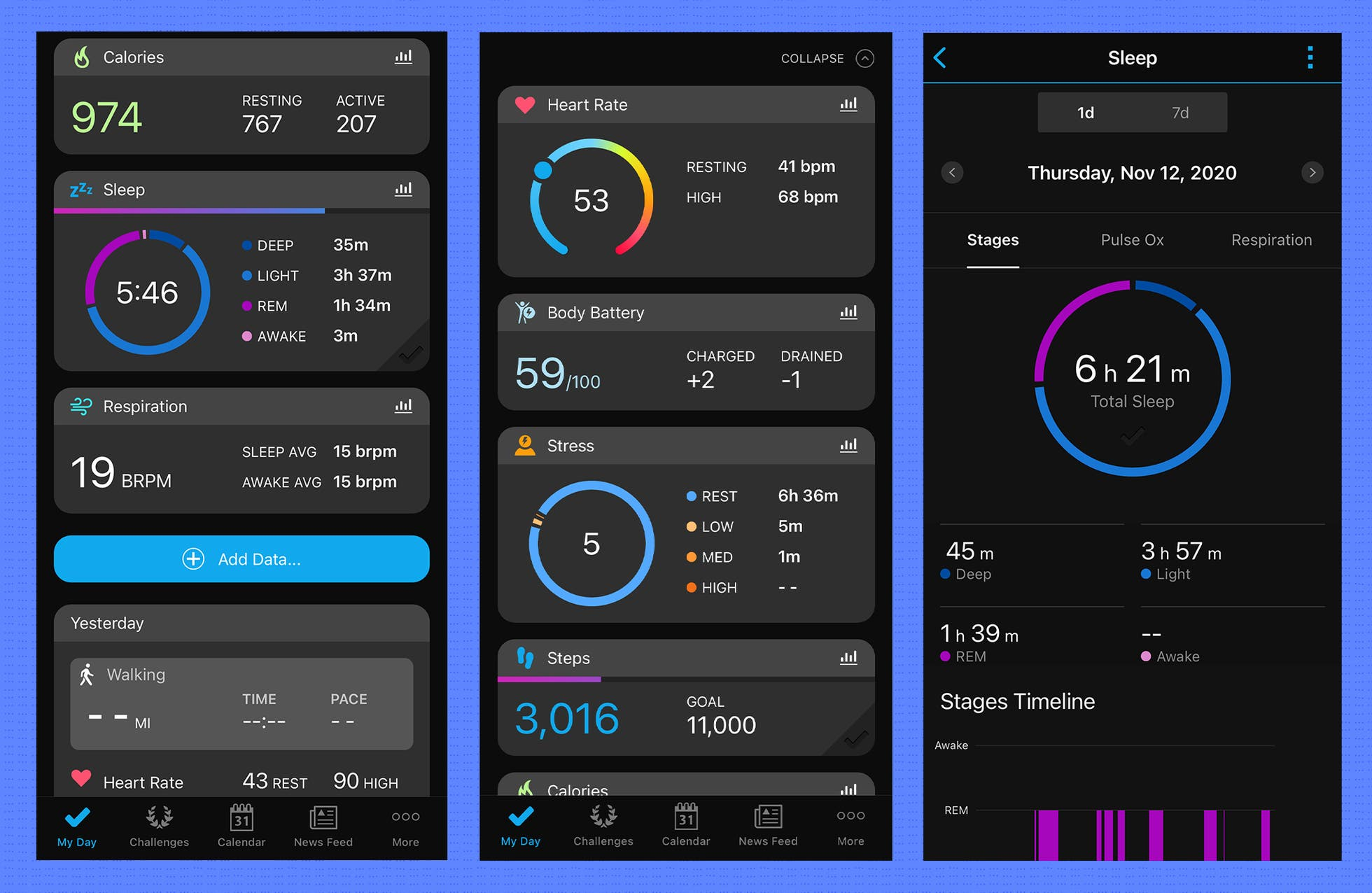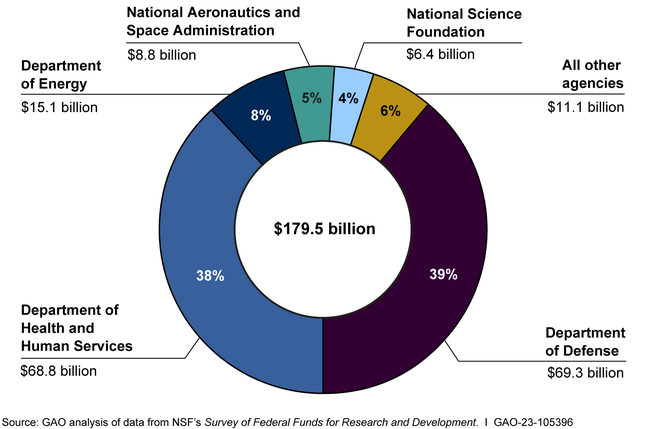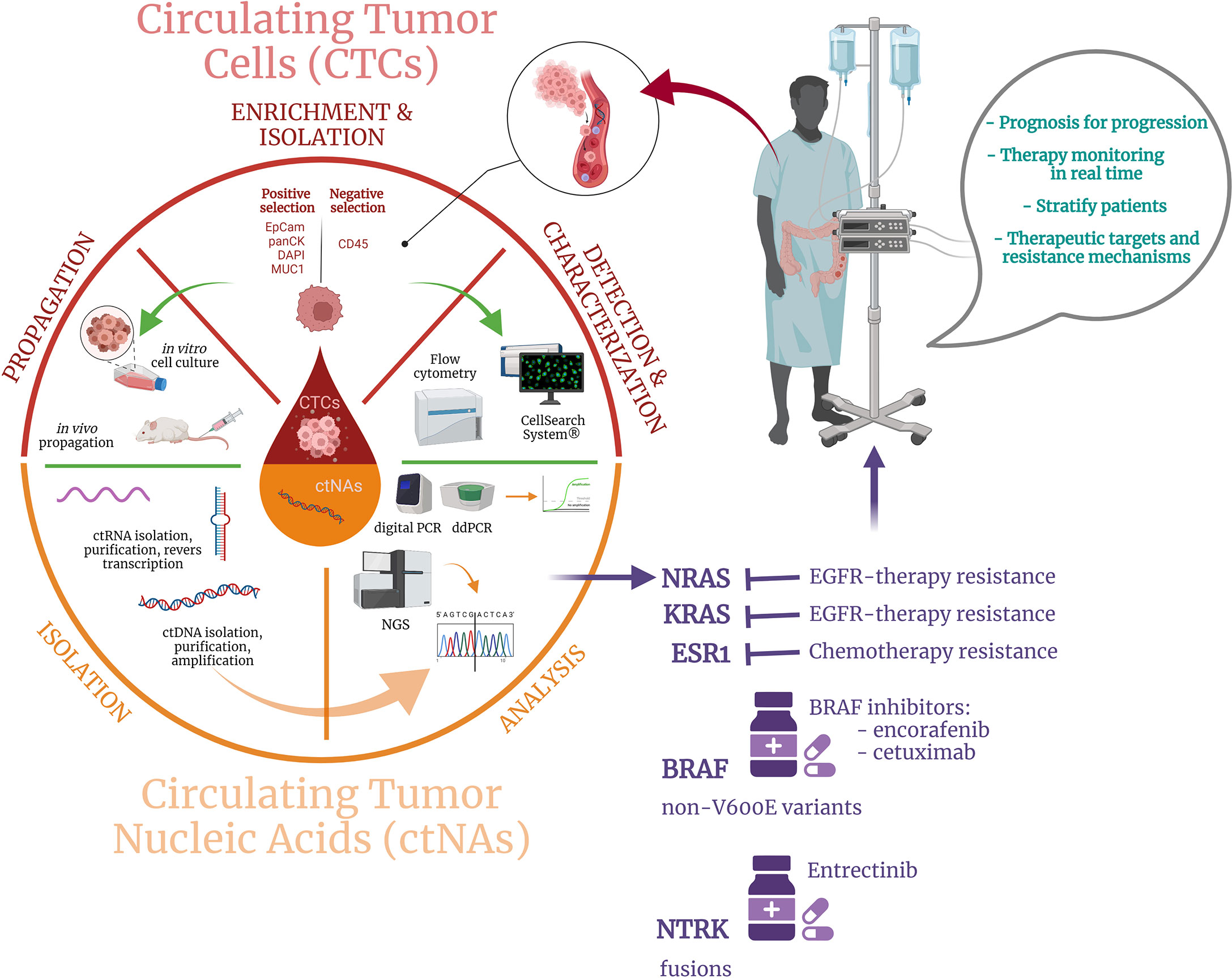The Boston Marathon, held annually on Patriots’ Day, is more than just a race; it is a celebration of resilience, strength, and the transformative power of running. As one of the oldest and most prestigious marathons in the world, it attracts runners from all walks of life, each with their own unique motivations. This iconic event not only tests physical endurance but also plays a significant role in promoting mental health in sports, highlighting the psychological benefits of running that extend far beyond the finish line. Many participants engage in marathon training not solely for triumph, but to create a personal narrative filled with joy, grief, or hope. With mental health taking center stage in our society today, the Boston Marathon serves as a profound reminder of how running can foster healing and connection among diverse individuals in pursuit of a common goal.
The Boston Marathon, a revered footrace held each April, symbolizes more than athletic achievement; it embodies a culture of grit and tenacity within the running community. Participants, also referred to as marathoners, are driven by varying motivations, from personal milestones to charitable fundraising efforts. Each year, thousands take on the challenge of conquering 26.2 miles, presenting an opportunity for introspection and personal growth. This event showcases not only the physical demands of long-distance running but also the intricate relationship between mental wellness and athletic performance, particularly in the context of preparation and competition. In this environment, the psychological dimensions of training for a marathon become evident, as runners experience a transformative journey that enriches their lives both mentally and emotionally.
The Psychological Benefits of Running
Running has long been associated with numerous psychological benefits that extend far beyond physical fitness. Engaging in consistent running practices can foster a sense of discipline and enhance mental clarity. Runners often report feelings of euphoria post-exercise, commonly referred to as the “runner’s high”. This state of increased endorphin levels drastically contributes to improved mood and decreased levels of anxiety and depression. The repetitive nature of running can also serve as a form of mindfulness, allowing individuals to focus solely on their breath and movement, thereby enhancing their overall mental health in sports and daily life.
Incorporating running into regular fitness routines not only boosts physical health but is a powerful tool for emotional resilience. Psychological studies have highlighted that endurance sports like running can serve as an effective coping mechanism for stress and trauma. The act of lacing up shoes and hitting the pavement provides a release mechanism, helping runners to channel their emotions productively. For many, the journey from training to crossing the finish line of an event like the Boston Marathon becomes a significant psychological transformation, empowering them in their daily lives.
Training for a Marathon: A Journey of Self-Discovery
Training for a marathon is more than merely a physical endeavor; it’s a significant psychological expedition. As runners progress through their training schedules, they often confront various mental barriers that challenge their perseverance and self-efficacy. The discipline required to log the necessary miles teaches participants invaluable life lessons about commitment and resilience. With each completed distance, runners build a stronger belief in their abilities, translating training victories into personal triumphs that boost overall self-esteem.
Throughout the rigorous training process, many find that they also have to navigate the emotional ups and downs of marathon preparation. Factors such as weather fluctuations, injuries, and time management challenge their mental fortitude. This multifaceted experience cultivates a profound understanding of one’s mental limits and capabilities. By the time runners register for a prestigious race like the Boston Marathon, they have not only strengthened their bodies but also significantly developed their psychological acumen, ready to tackle whatever challenges lie ahead.
Mental Health in Sports: The Role of Community
Participation in running and marathon events fosters a unique sense of community among individuals united by common goals. This communal aspect is pivotal for mental health, as it creates an environment of support and encouragement. Running alongside others, whether in training or during races like the Boston Marathon, can alleviate feelings of isolation and provide motivation through shared experiences. The camaraderie built through running groups and clubs contributes significantly to participants’ emotional well-being, showcasing the importance of social connections in mental health.
Furthermore, the collective experience of preparing for a marathon enhances individual motivation levels. Sharing personal stories, triumphs, and struggles not only strengthens bonds but also engenders a supportive network that validates psychological challenges. These relationships formed through training can lead to long-lasting friendships, providing runners a valuable source of encouragement long after the marathon is over. Such a connection underscores how the mental health benefits in sports extend beyond individual efforts to a community-oriented approach.
Experience the Boston Marathon: A Unique Mental Challenge
The Boston Marathon stands as one of the world’s most iconic events, challenging not only the runners’ physical endurance but also their mental resilience. Participants must navigate the psychological demands of pacing, self-doubt, and fatigue while confronting the emotional weight of racing in an event steeped in history and prestige. Each runner’s journey is personal, making the mental aspect of finishing this legendary race as pivotal as the physical training they undergo. The atmosphere of the Boston Marathon provides a unique psychological challenge, prompting participants to push through barriers in ways they might never have considered before.
Moreover, the psychological stakes are exceptionally high; many runners dedicate this race to significant causes or personal motivations. This deep emotional investment transforms their approach to training and racing. The knowledge that they are participating in the Boston Marathon creates a motivational push, urging runners to overcome pain and doubt. Crossing the finish line becomes not just a personal achievement but a representation of their mental and emotional journey, highlighting the profound connection between running and mental health.
How Running Transforms Self-Image
Engaging in marathon training can dramatically alter an individual’s self-image and self-esteem. As runners dedicate time and effort towards their physical goals, they often begin to see themselves in a new light, adopting a more positive self-concept. The rigorous discipline associated with training fosters a sense of accomplishment, enabling runners to perceive their bodies not just as tools for fitness, but as vehicles for achieving greatness. This transformation is especially evident when participants complete marathons, such as the Boston Marathon, where the achievement solidifies their new self-identity as capable and determined individuals.
Additionally, the journey towards completing a marathon can encourage rethinking personal narratives. Many runners find that their self-perception shifts positively as they break long-held beliefs about their capabilities. For instance, a first-time marathoner may initially struggle with fears of inadequacy but later learns to embrace their journey, celebrating both minor and major victories along the way. This psychological metamorphosis reinforces the idea that running can empower individuals, crafting a narrative centered around growth, resilience, and the pursuit of personal excellence.
The Impact of Running on Emotional Well-Being
Running serves as a powerful mechanism for emotional regulation, significantly impacting emotional well-being. Engaging in regular running creates a release of endorphins, known to promote happiness and reduce stress levels. For many participants, the act of running provides an escape from daily pressures, allowing them to reflect and process their emotions in a safe space. This emotional reset can be particularly vital for those with high-stress jobs or personal challenges, as it points to the integral link between physical activity and mental health.
Additionally, the reflections experienced during solitary runs offer a chance for introspection, enabling participants to confront their thoughts and emotions head-on. This form of emotional engagement helps runners identify and address underlying issues, promoting therapeutic effects. Many find that the benefits of running extend into other areas of their lives, equipping them with better coping mechanisms and improving overall emotional resilience. Through this lens, running emerges as not just a physical activity but a vital component of nurturing one’s emotional health.
Dealing with Trauma through Marathon Training
For an increasing number of individuals, running and marathon training have become pivotal tools for processing and overcoming trauma. The act of setting a challenging goal, such as completing a marathon, can serve as an empowering means of reclaiming control over one’s life and emotions. Through the disciplined process of training, runners learn to channel their experiences into productive energy, often using their journey as a method of healing. Events like the Boston Marathon encapsulate this symbolism, as participants often run in honor of personal challenges or loved ones lost.
Furthermore, hitting the pavement during training sessions allows individuals to navigate their emotional landscape, working through feelings of grief, anger, or confusion. Engaging with supportive running communities can amplify these benefits, as shared stories and collective aspirations foster unity and empowerment among participants. Completing a marathon not only signifies physical endurance but also represents a monumental step towards emotional recovery and resilience, illustrating the profound interconnectedness of running and psychological healing.
Setting Goals: The Mental Aspect of Marathon Running
Setting and achieving goals is a fundamental aspect of the marathon experience, providing both structure and motivation for runners. The mental discipline involved in setting realistic, attainable benchmarks throughout training helps cultivate a focused mindset. As participants progress towards their target distances, they not only anticipate physical outcomes but also prepare psychologically for the rigors of race day. The transformative effect of celebrating these milestones contributes significantly to runners’ mental health and overall confidence.
By establishing targets, whether they are time-based or distance-oriented, runners learn to navigate their mental barriers effectively. The process of overcoming setbacks instills a sense of determination that proves invaluable far beyond the racing season. Additionally, running events like the Boston Marathon serve as a culminating experience for these self-imposed goals, epitomizing the journey through triumphs and challenges. The mental fulfillment derived from achieving such a celebrated goal often reinforces a runner’s commitment to their ongoing wellness and aspirations.
The Connection Between Running and Improved Mental Focus
Engaging in marathon training can significantly enhance mental focus and concentration, reflecting one of the less recognized benefits of this rigorous physical activity. Many participants find that the structured routine of training not only improves physical endurance but also sharpens their cognitive abilities. Consistent running routines help develop a heightened ability to concentrate and make decisions more efficiently, impacting performance in both their athletic and personal lives. This heightened focus can be particularly beneficial in environments that demand high levels of mental acuity.
Moreover, running promotes mental clarity by encouraging the release of neurotransmitters associated with improved cognitive function. This symbiotic relationship helps runners feel invigorated, allowing them to tackle challenges both on the track and outside of it with renewed energy. For those aiming to complete prestigious races such as the Boston Marathon, the enhancement of mental focus can provide a crucial edge, helping them navigate the complexities and pressures that come with racing. Ultimately, running emerges as a holistic practice that promotes not just physical health but also intellectual enhancement.
Frequently Asked Questions
What are the psychological benefits of running the Boston Marathon?
Running the Boston Marathon offers numerous psychological benefits, including improved mental health, enhanced self-esteem, and a sense of accomplishment. Participants often find that the marathon process provides a structured goal that allows them to channel their energy positively. The race serves as an opportunity for personal transformation, where completing 26.2 miles can lead to lasting feelings of pride and affirmation.
How can training for the Boston Marathon improve mental health in sports?
Training for the Boston Marathon can significantly improve mental health by promoting discipline, focus, and resilience. The journey involves overcoming physical and mental challenges, which can lead to higher self-esteem and a better self-image. Many runners report feelings of community and belonging, reducing symptoms of anxiety and depression associated with everyday stresses.
What role does running psychology play in successfully completing the Boston Marathon?
Running psychology is crucial in the Boston Marathon as it helps athletes manage their mental state throughout their training and race day. Techniques such as visualization, positive self-talk, and mindfulness can enhance performance and coping strategies for fatigue, pain, and anxiety, allowing runners to push through challenging moments during the race.
Why do runners choose to run the Boston Marathon despite the physical and mental challenges?
Runners choose to participate in the Boston Marathon for a variety of personal reasons, such as honoring loved ones, raising funds for charities, or achieving a lifelong goal. The mutual experience of collective effort and personal commitment drives many, despite the physical hardships encountered. The sense of accomplishment and the emotional high after crossing the finish line contributes to their motivation.
What makes the Boston Marathon a transformative experience for its participants?
The Boston Marathon is transformative as it encapsulates personal journeys of struggle and achievement. Each runner experiences a unique combination of physical exertion and emotional release, leading to profound personal insight. The medal earned after completion symbolizes a fulfilled hope and serves as a powerful reminder of individual capability and perseverance.
How do mental health challenges manifest among Boston Marathon runners?
Mental health challenges among Boston Marathon runners can manifest during the race through anxiety, fatigue, and even disorientation. Some may struggle with their emotions as they push their physical limits, while others arrive at the medical tent exhibiting signs of distress. Recognition of these issues underscores the importance of psychological support in sports, especially in high-stakes events like marathons.
What is the significance of psychological evaluations for Boston Marathon finishers?
Psychological evaluations for Boston Marathon finishers help identify acute distress and promote mental well-being among participants. These assessments allow medical teams to understand the emotional and psychological states of runners post-race, ensuring they receive appropriate support and care, reinforcing the connection between mental health and sports.
| Key Aspect | Details |
|---|---|
| Significance of Running | Running, especially in events like the Boston Marathon, serves as a profound personal journey for many. |
| Mental and Physical Challenges | Participants may suffer severe medical conditions, yet they push through for personal or charitable reasons. |
| Personal Motivations | Runners often have personal stories, like running for lost loved ones or overcoming health issues. |
| Achievements | Finishing a marathon offers a transformational moment and a sense of fulfillment and achievement. |
| Psychological Benefits | Running provides a sense of accomplishment and boosts self-esteem in a critical world. |
| Community and Camaraderie | The event fosters a sense of belonging and collective experience among runners. |
Summary
The Boston Marathon is not just a race; it’s a profound journey for countless participants who channel their personal challenges into completing 26.2 miles. Whether overcoming grief, health adversities, or striving for personal records, runners find meaning and transformation in the experience. This iconic marathon serves as a platform for individuals to redefine their identities, share their stories, and ultimately emerge feeling like heroes. Engaging in the Boston Marathon is much more than achieving a medal; it is about embracing a shared journey filled with aspirations, emotions, and the celebration of human resilience.









